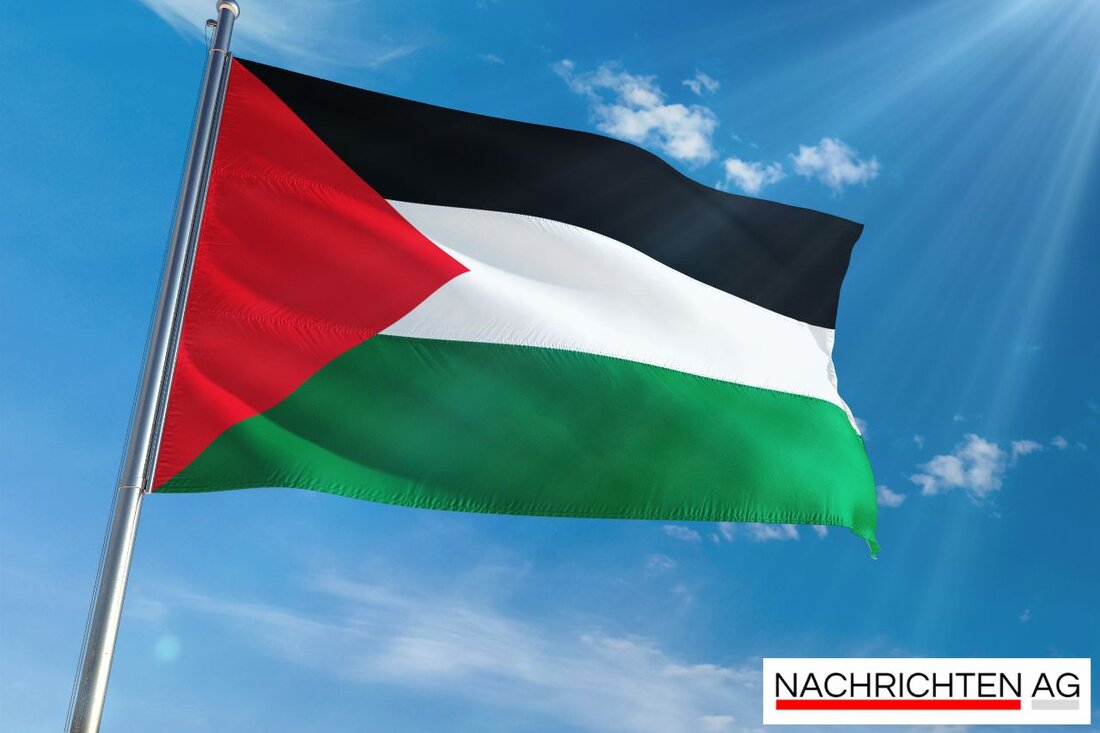Escalation in Neukölln: Anti-Semitism in Berlin bar shocks guests
Escalation in Neukölln: Anti-Semitic incident in Bar causes controversy and raises questions about anti-Semitism and Israel.

Escalation in Neukölln: Anti-Semitism in Berlin bar shocks guests
A shocking incident occurred in the Berlin Neuköllner bar “K-Fetisch” that reignited the debate about anti-Semitism in Germany. A couple, consisting of Berliner Raffaela B. and her Israeli boyfriend Abby A., were expelled from the bar by a bartender after Raffaela wore a T-shirt with Hebrew and Arabic characters depicting the word “falafel.” The bartender said she doesn't serve "Zionists" and insulted the couple while accusing them of supporting genocide. Abby, who has lived in Berlin for twelve years, describes the situation as deeply anti-Semitic and untenable, especially in a bar that was originally founded by a collective supporting Israel [WELT](https://www.welt.de/politik/deutschland/article68f5d4e7e6a64012466ff99b/eskalation-in-berlin-neukoelln-das-war-wie-in-den-1930er-jahren- Paar-wegen-shirt-aus-linker-bar-wurf.html).
The incident raises questions about the bar's ideological orientation. Since its opening in 2012, “K-Fetisch” has frequently organized events about anti-Semitism and Islamism. However, from 2018 onwards there were internal left-wing conflicts over attitudes towards Israel. The return to an anti-imperialist and anti-Zionist orientation in 2020, particularly after the Hamas massacre on October 7, 2023, increased tensions. In the following weeks, several anti-Israel events took place and the bar was daubed with anti-Semitic graffiti. Although the collective issued a statement condemning anti-Semitic violence, pro-Israel guests were criticized, prompting alumni to write an open letter to voice their concerns. District mayor Martin Hikel (SPD) described the incident as unbearable and anti-Semitism in its purest form [WELT](https://www.welt.de/politik/deutschland/article68f5d4e7e6a64012466ff99b/eskalation-in-berlin-neukoelln-das-war-wie-in-den-1930er-jahren- Paar-wegen-shirt-aus-linker-bar-wurf.html).
Anti-Semitism in the context of political debates
The Neukölln incident is part of a larger trend observed in Germany following the 2023 Hamas massacre. According to the Federal Association of Anti-Semitism Research and Information Centers (RIAS), the number of anti-Semitic incidents has risen sharply since then. In the period between the terrorist attack and the end of 2024, 2,225 anti-Semitic gatherings were recorded, an alarming increase compared to just 1,636 incidents in the period before. Israel-related anti-Semitism was documented in 89 percent of these meetings, which makes it clear how much the political debate over the Middle East conflict also has an influence on society in Germany Tagesschau.
The debate over anti-Semitism is further complicated by the varying definitions of the term and its political implications. The IHRA definition and the Jerusalem Declaration (JDA) often cause controversy. While the IHRA definition determines that certain statements about Israel may be anti-Semitic, the JDA seeks to absolve anti-Zionism from suspicion of anti-Semitism. These distinctions are crucial because they influence the fight against anti-Semitism in political discussion and the public sphere, particularly in a climate where emotional and historical legacies of the conflict between Israel and Palestine are highly contested. Political actors and society must continually consider how they can deal with statements about the Middle East conflict without falling into the trap of anti-Semitism. This confused dynamic is also evident in the anti-Semitic incidents and the associated discourses in Germany bpb.

 Suche
Suche
 Mein Konto
Mein Konto
